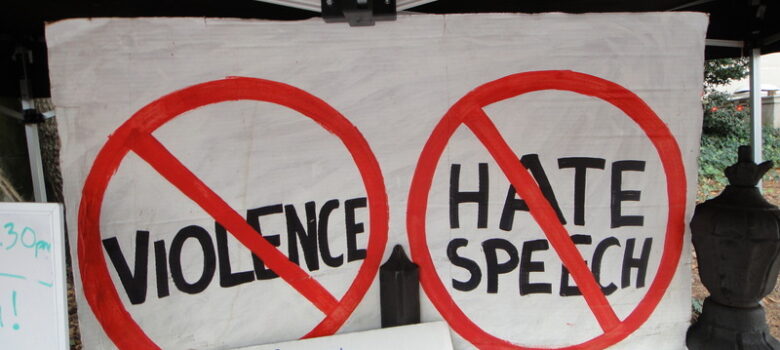The Online Harms Act or Bill C-63 was introduced last February after years of false starts, public consultations, and debates. Months later, the bill appears to be stalled in the House of Commons and has yet to make it to committee for further study. Some view that as a win, given their criticism of the bill, though others who have waited years for action against online harms are beginning to fear that the Parliamentary clock is working against them.
Emily Laidlaw, the Canada Research Chair in Cybersecurity at the University of Calgary and Taylor Owen, the Beaverbrook Chair in Media, Ethics and Communications at the Max Bell School of Public Policy at McGill University, have both been actively engaged in this issue for years, including their participation on the government’s expert advisory group. They join the Law Bytes podcast to discuss where things stand on Bill C-63 and the steps they recommend to get the bill back on track for study and debate.
The podcast can be downloaded here, accessed on YouTube, and is embedded below. Subscribe to the podcast via Apple Podcast, Google Play, Spotify or the RSS feed. Updates on the podcast on Twitter at @Lawbytespod.
Show Notes:
Laidlaw & Owen, A Three Step Plan for Passing the Online Harms Act – Before It’s Too Late
Credits:









At 35:00, Emily said “Sometimes we need to protect kids from their parents”
Certainly, I see the validity in Emily’s point that, at times, protecting children from their parents is necessary. Historically, one justification for residential schools was that some parents were deemed unfit to care for their children—though notably, Indigenous communities had thrived for millennia without external intervention.
However, my concern lies in Emily’s apparent bias against parental rights. What’s missing is an equally strong acknowledgment that there are moments when individuals need protection from the state itself. A balanced view recognizes that state power, when unchecked, can be as harmful as parental shortcomings.
It’s concerning when people place the state as the ultimate authority, as the locus of power and moral judgment. This perspective overlooks the importance of safeguarding individual rights and freedoms against potential overreach by the government.
https://bigmartshopills.com it is not applicable
https://bigmartshopills.com/
I appreciate your contribution. I’ve read a lot about relevant topics! Unlike other articles, yours created a lasting impression on me. I hope you’ll continue to write interesting pieces like this one and others for us all to read!
Bill C-63 aims to address online harms but has faced delays in the House of Commons, stalling before committee review. Laidlaw and Owen, both members of the government’s expert advisory group, Geometry Dash Lite share insights on the bill’s current status and propose strategies to advance it for further study and debate.